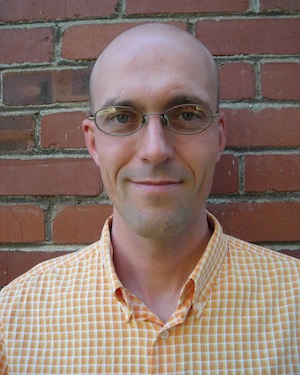
Some wandered in desert wastelands,
finding no way to a city where they could settle.
They were hungry and thirsty, and their lives ebbed away.
Then they cried out to the Lord in their trouble, and he delivered them from their distress.
He led them by a straight way to a city where they could settle.
Let them give thanks to the Lord for his unfailing love and his wonderful deeds for humankind,
For he satisfies the thirsty and fills the hungry with good things. (Psalm 107:4-9)
The problems of society are so great, so overwhelming, that we may be tempted to withdraw into the wild places, perhaps inspired by the early monasticism of the desert fathers and mothers. Wilderness can be a healing place, full of solace, lessons about God’s creation and the rejuvenation that comes when we withdraw from a toxic culture.
But the wilderness is also a great place to get lost and wander around. Texts like the 107th Psalm suggest the need to embrace and confront the larger world; they call us to cities where we can bring the spirit of God’s love to bear on a civilizational scale. Sometimes we need to be careful about stories of the wilderness, lest we romanticize this place of darkness and wild creatures and content ourselves with mucking about on the margins, scratching out a meager existence while we wait for Babylon to fall.
Our stories define us. They give us identity and strength. And our sacred stories include some classic tales of economic and political struggle. Unfortunately these stories are often ignored as they sit nestled among many other stories that obscure their truth. The rich and powerful are hiding the truth contained in our stories, using a distorted narrative to move us in the opposite direction than was intended by their original authors.
Therefore, we must go to town. We must enter the city, meet the worldly powers in the marketplace, and take it over. Jesus kicked the merchants out of the Temple, and we must take that struggle further, invading the market with the energy of the Temple. We must rebuild our cities (and towns, and villages) in the image of the City of God, with people of all sorts living together, governed by a spirit of justice, engaging in commerce in ways that don’t concentrate wealth or exploit our sisters and brothers.
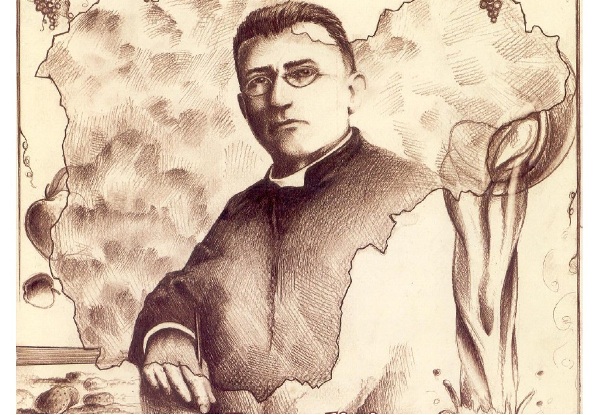
Moving from wilderness to city is less a question of how urban or rural our setting may be and more a question of where we envision ourselves: in the center of public life or on the fringes? Let us consider the path of a 19th Century priest, Father Lorenzo Guetti, a Catholic prophet of modern cooperation. His followers have built bastions of justice and prosperity in Trentino, a province in northern Italy.
The mountain valleys of Trentino, on the southern side of the Alps, weren’t always Italy, of course. Valleys are always paths through the wilderness, used by all sorts of travelers. These particular valleys were battered by the ebb and flow of powerful forces passing through, all the way back to the barbarians en route to besiege a teetering Rome. The Council of Trent met here during the 16th Century. During Guetti’s time Trentino was an oppressed frontier province of the Austro-Hungarian Empire.
Today, half of Trentino’s 500,000 residents are members of cooperatives – democratic businesses that share profits with those who use their services. Roughly 600 co-ops are a dominant force in the economy, comprising more than 2/3 of the financial and agriculture sectors, selling 1/3 of groceries in the province and employing 6,000 people in worker and service cooperatives. These are now organized through the Federation of Cooperation in Trentino.
Father Guetti saw the people’s hardship and believed that a solution to their troubles lay in the Raiffeisen model, an early form of cooperative banking that was spreading through Germany. Trentino became the birthplace of the Italian cooperative movement, which provides us a chance to explore how cooperatives have transformed a region and to consider how we might reproduce their success.
___________________________________________
There can be no Kingdom of God without a City of God.
___________________________________________
The federation’s history recalls that “a number of priests [were] among the first cooperative members, both because the cooperative movement was inspired by values such as solidarity and evangelical brotherhood, as well as because, living in close proximity with the poor, these country curates and parish priests were an important point of reference and inspired a sense of trust in an initiative’s success.” The church provided institutional support for cooperatives, training priests to organize and lead a cooperative movement that would transform their communities.
Pope Leo XIII gave a well-timed boost to developments in Trentino. His 1891 encyclical Rerum Novarum began: “That the spirit of revolutionary change, which has long been disturbing the nations of the world, should have passed beyond the sphere of politics and made its influence felt in the cognate sphere of practical economics is not surprising.” And Leo concluded: “We may lay it down as a general and lasting law that working men’s (sic) associations should be so organized and governed as to furnish the best and most suitable means for attaining what is aimed at, that is to say, for helping each individual member to better his (sic) condition to the utmost in body, soul, and property.”
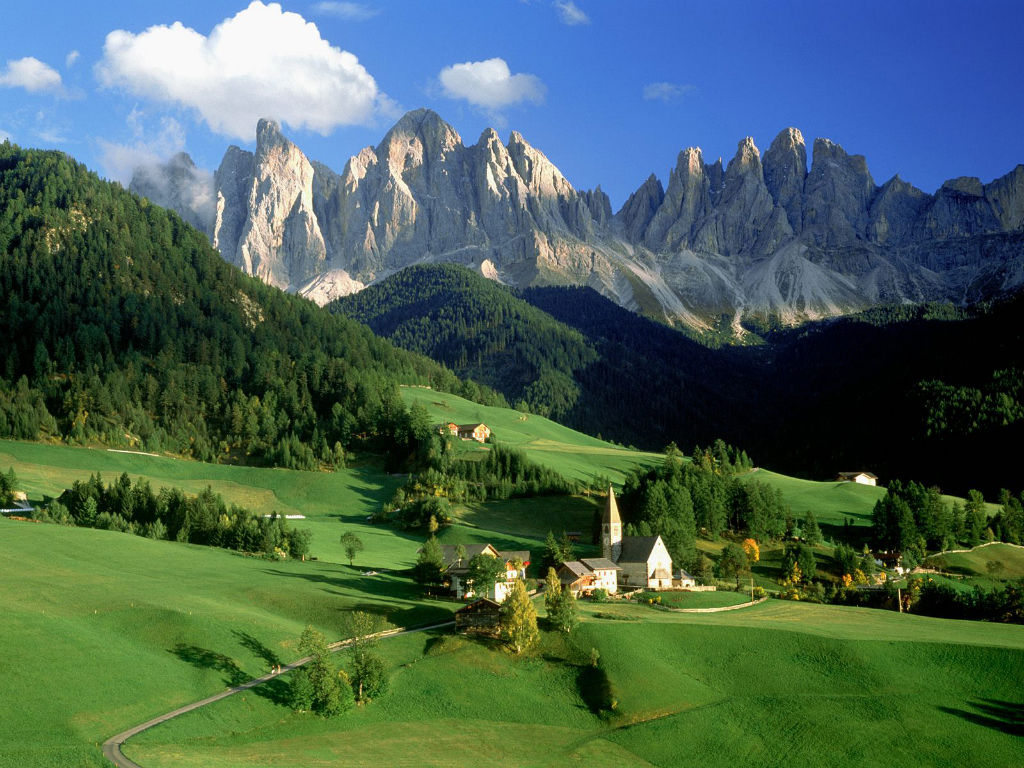
This is no utopian abstraction. Trentino has provided a tangible illustration of what is possible with cooperation, even in relatively marginal regions that are sidelined from centralized economies.
Guetti found the “straight way” and blazed a trail through the wilderness toward the City of God. Others followed. The cooperative model provided the engine for the transformation of the region’s economy, with impacts that are now benefiting more than 10 million members throughout northern Italy.
This same path is being trod today by the Basques with their Mondragon model of worker ownership, which provides ownership for nearly 100,000 workers who share democratic control of one of Spain’s largest enterprises. The owners of this remarkable outpost of God’s economy have never laid off a co-owner, and the Basque economy as a whole currently has unemployment well below half of what is suffered by the rest of Spain.
There can be no Kingdom of God without a City of God. This much is clear from the Revelation, which climaxes with the destruction of Babylon, mourned by rulers, merchants, ship-owners and captains (Rev 18:9-19) and praised by heaven and God’s people (Rev 18:20-19:3). The corrupt cities of the world cannot last. Nor can we hide out in the Garden of Eden, as shown by the final arrival of the New Jerusalem – a city, not a garden or wilderness – descending from heaven.
 But first, the ground must be cleared.
But first, the ground must be cleared.
This is where our path gets tricky: A new city needs space between itself and its neighbors; otherwise it will be drawn back into the customs of the old civilization. We have to pass through a season in the wilderness before we are able to truly establish our new cities. But we should not plan to stay in the wilderness.
We will have to adjust to a new reality that shatters our contrived and unbiblical fantasies that God particularly loves middle-class North Americans and will somehow protect us from the global calamity that is unfolding around us – for which we bear disproportionate responsibility because of our continued and callous consumption of the scarce resources. Whether we leave Babylon willingly or whether we are driven out, we’ll have to make some major adjustments to life in exile.
So what does this look like? That’s hard to discern, and the story that always resonates most for me is that of Nehemiah, who led a decentralized and somewhat haphazard – but successful – effort to rebuild Jerusalem after the Babylonian Exile.
___________________________________________
We will have to adjust to a new reality that shatters our contrived and unbiblical fantasies that God particularly loves middle-class North Americans and will somehow protect us from the global calamity that is unfolding around us.
___________________________________________
Here is what’s happening in my neck of the woods: There is a growing cluster of us here in the San Francisco Bay Area who are meeting to study and scheme. We hope to discern one or several new projects to meet our shared needs, serve our community and hopefully serve as the germination of a new economic growth.
 One angle to our conversation has been how we might use a classroom building behind a church in the East Bay suburb of El Cerrito. After the Presbytery of San Francisco closed this congregation due to declining membership, it first planned to sell the church property. However, the space now serves as an education center, which is used primarily by a Spanish-language theological institute while a budding Korean congregation worships in the sanctuary.
One angle to our conversation has been how we might use a classroom building behind a church in the East Bay suburb of El Cerrito. After the Presbytery of San Francisco closed this congregation due to declining membership, it first planned to sell the church property. However, the space now serves as an education center, which is used primarily by a Spanish-language theological institute while a budding Korean congregation worships in the sanctuary.
We are seeking opportunities to provide economic activity for the congregants and neighbors, while making use of the facility and finding new models for growth of the presbytery. The space has lots of potential as a model for how any denominational body might employ its resources in the face of membership contraction.
This is all very much a bottom-up affair, and we are still feeling our way toward a broader vision to develop into a model to share. I imagine that Father Guetti couldn’t have guessed at the outset what he would start in Trentino; he was simply following a faint path through the weeds, seeking the clearer trails that lead to winding roads and then, finally, to the city.
I pray that we can pick out his footsteps.
AUTHOR BIO: Andrew McLeod is the author of Holy Cooperation!: Building Graceful Economies, a book that explores cooperative elements of Christianity. Andrew has been involved in the cooperative movement since 1992. His interests include democratic processes, the intersection of cooperative economics and religion, community-based food production and distribution, international models for power-sharing, and cooperative disaster recovery techniques. More information at www.bookofacts.info.Read more articles in this series.

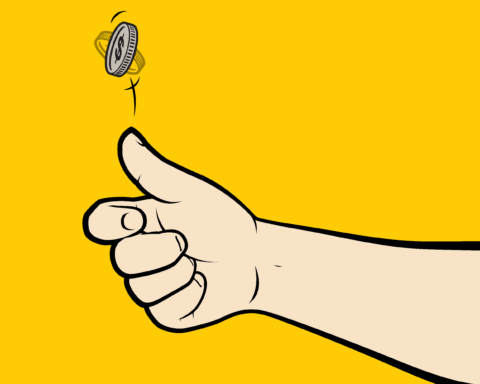

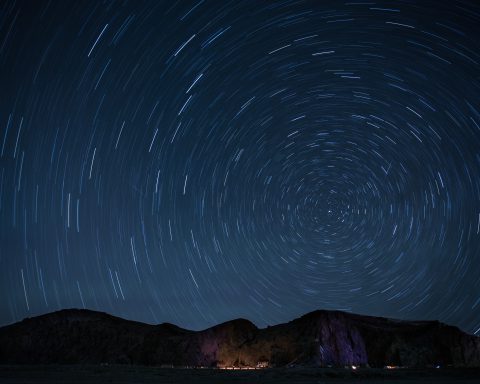


Unbound Social